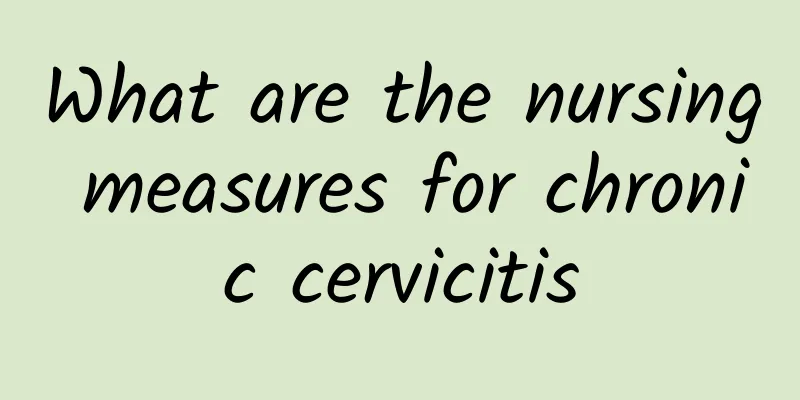How to treat dysfunctional uterine bleeding

|
How to treat dysfunctional uterine bleeding? For the treatment of dysfunctional uterine bleeding, different treatment plans are adopted for different people. The main treatment principles for anovulatory sexual function and blood during puberty and childbearing age are to stop bleeding, adjust the cycle and promote ovulation. The main treatment principles for sexual function and blood during the menopausal transition period are to stop bleeding, regulate the menstrual cycle, reduce menstrual volume and prevent endometrial lesions. For patients with functional uterine bleeding, the cause of the functional uterine bleeding should be found out first. Six tests of blood routine, coagulation and sex hormones can be performed first to determine whether the cause of bleeding is hormone level fluctuations. B-ultrasound can be performed to check the thickness of the endometrium. According to the examination, estrogen-progesterone combination medication can be selected; oral third-generation short-acting contraceptives; such as desogestrel ethinyl estradiol tablets and other drugs, auxiliary hemostatic drugs, such as tranexamic acid. For unborn young patients with functional uterine bleeding, it is necessary to adjust the cycle treatment, and patients with anovulation need ovulation induction treatment to solve fertility problems. For functional uterine bleeding of childbearing age and menopausal transition period, oral hormone hemostasis can be used. If necessary, curettage is required, and treatment is carried out after the cause is determined. Near-menopausal patients can use progesterone treatment to adjust the menstrual cycle, prevent excessive growth of the endometrium from causing other lesions, and make a smooth transition from menopause to menopause. Patients with functional uterine bleeding should undergo appropriate examinations based on their condition and cause, and receive appropriate treatment for different causes. |
<<: What should I do if I have irregular menstruation and dysmenorrhea?
>>: What should I do if my menstrual period suddenly stops after a few days?
Recommend
What causes cervical erosion in women? Analyze the 4 causes of cervical erosion
The female uterus is very important. If you don&#...
Which hospital is good for treating cervical erosion? Pay attention to these when choosing a hospital for treating cervical erosion
1. Choose a hospital with very good doctors: Afte...
What are the symptoms of uterine fibroids? What harm can uterine fibroids cause?
Uterine fibroids are harmful to women's healt...
Is it necessary to perform diagnostic curettage for the treatment of uterine fibroids?
Everyone must be familiar with uterine fibroids. ...
Treatment of malignant ovarian cysts
Due to the lack of obvious early symptoms, the tr...
What's wrong with early menstruation at 47?
What's wrong with early menstruation at 47? M...
How should women detect and prevent ectopic pregnancy in time?
How should women detect and prevent ectopic pregn...
Prevention of mild cervical precancerous lesions
If you don't pay attention to it, you will re...
What is the cause of irregular vaginal bleeding two weeks after abortion?
What is the cause of irregular vaginal bleeding t...
Summary of the main symptoms of irregular menstruation in women
What are the symptoms of irregular menstruation? ...
What vegetables should I eat during my period? Spinach, pumpkin, cauliflower
One of the vegetables you can eat during your per...
Causes of uterine fibroids and ovarian cysts
Uterine fibroids and ovarian cysts are common fem...
What should I do if my period is delayed for 10 days?
What should I do if my period is delayed for 10 d...
Ovulation test paper will show weak positive before menstruation
Since people have little knowledge of testing, th...
What should be paid attention to in postoperative care of pelvic effusion
How should you care for yourself if you suffer fr...









